Putin’s secret family dynasty; inner circle that lives in the shadows
Vladimir Putin’s secretive family raises questions about hidden wealth, influence, and power behind the scenes. But don’t expect a Russian version of Succession.
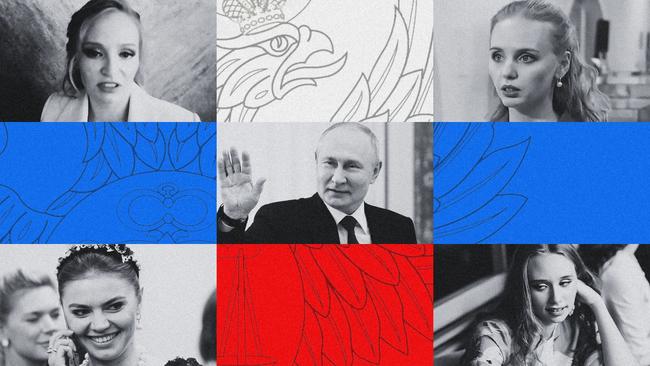
In the spring of 2015, Vladimir Putin had just become a father again in his early sixties – three decades after his second daughter was born. When the baby was delivered, the Russian president exclaimed: “Hooray! Finally, a boy!”
Putin’s son, Ivan, now nine, was to be the first of the Russian president’s two late offspring with his long-rumoured girlfriend, the former Olympic gymnast Alina Kabaeva. Four years later, in 2019, Kabaeva would give birth to the couple’s second son, Vladimir Jr, now five.
The disclosure this week that Putin, 71, has enjoyed a new bout of paternity offers a glimpse into his world of secrecy and privilege. It also hints at the psychology of a man whose career in professional subterfuge shades his every move.
The existence of Putin’s sons was revealed to the Russian-language investigative website Dossier Centre by a member of the family’s staff, who care for the brothers at Putin’s isolated Valdai residence, by a lake halfway between Moscow and St Petersburg.
Putin’s exclamation of joy at having a son became family lore and was repeated to the latter’s tutors and security guards by the boy himself, Ivan. Dossier Centre said it had obtained dozens of photographs of Ivan but would not publish them because he was a minor whose appearance was not newsworthy. Details of the children’s lives were, however, fair game, the site argued because they raised questions about government spending on their gilded upbringing.
According to the Dossier Centre’s source, Ivan and Vladimir Jr, or Vanya and Volodya as many Russians of those names are called affectionately, are tended by a team of nannies, governesses and sports coaches, travelling by chauffeur-driven car, yacht and business jet.
The long-term lover
Putin’s relationship with Kabaeva, 41, has been rumoured for more than two decades, but he has always refused to admit it. The pair were pictured beaming at each other at official functions at the turn of the century.
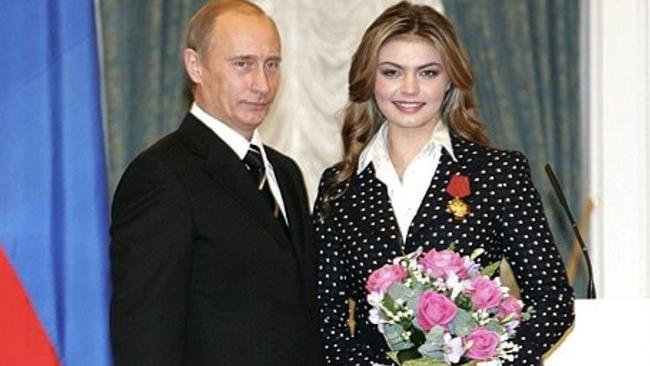
Asked in 2008 about his relationship with the athlete at a press conference in Sardinia, he replied: “I am, of course, aware of the cliche that politicians live in glass houses but even in these cases, there must be some limits … I always disliked people who go around with their erotic fantasies, sticking their snot-ridden noses into another person’s life.”
The same year, the newspaper Moskovsky Korrespondent was abruptly closed down after it reported that Kabaeva and Putin were planning marriage. Yet over the years there were strong indications of the bond between Kabaeva, a gold medallist at the 2004 Athens Olympics, and the erstwhile KGB spy.
In 2016, it emerged that Kabaeva’s grandmother had acquired three luxury flats in St Petersburg and Moscow from two tycoons close to Putin. The property, thought to be worth millions of dollars, was transferred to Anna Zatsepilina in December 2015, according to an investigation by TV Dozhd, the independent Russian television channel.
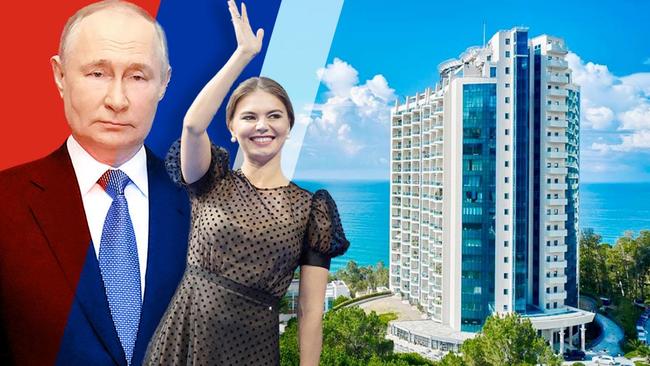
Also in 2016, an investigation by the Reuters news agency found that Grigory Bayevsky, a 47-year-old business associate of an old friend of Putin, sold or transferred properties to four people: a female student who posed for a calendar celebrating the leader’s birthday, Putin’s younger daughter and two relatives of Kabaeva. One of Kabaeva’s relatives was her sister, Leysan. The other was Zatsepilina.
Rumours about Kabaeva bubbled again in May 2022, when the SonntagsZeitung newspaper said she and Putin had two children and that a Swiss gynaecologist of Russian origin had assisted the Olympic champion with her pregnancies. Dossier Centre confirmed this week that the doctor was Natalia Thiebaud and that Ivan Putin was born at the Sant’Anna maternity clinic in Lugano in southern Switzerland.
Far from public eye
Putin’s reluctance to admit a tie with Kabaeva is consistent with a wider attempt to shroud his family. Photographs of his two daughters were published in the early 2000s, but the pair then disappeared from view.
Even after journalists revealed in recent years that they were Maria Vorontsova, 39, an endocrinologist, and Katerina Tikhonova, 38, a business executive and amateur dancer of acrobatic rock ‘n’ roll, Putin continued to refrain from identifying them, preferring the phrase “these women” to describe the sisters.
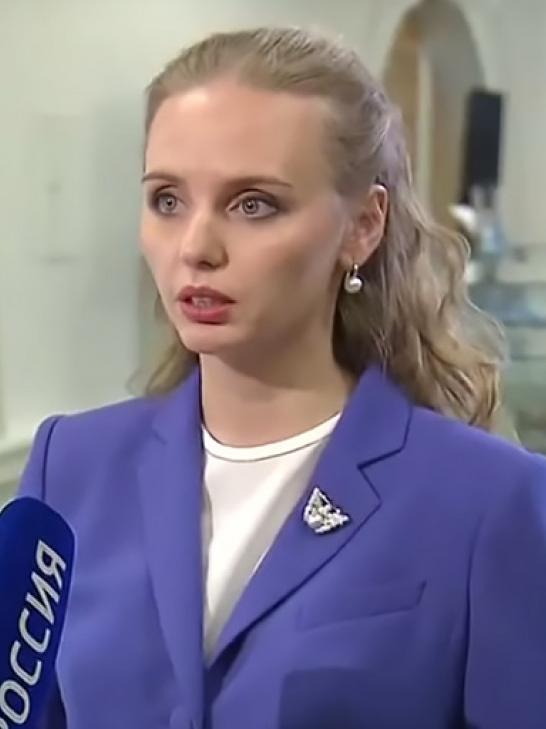
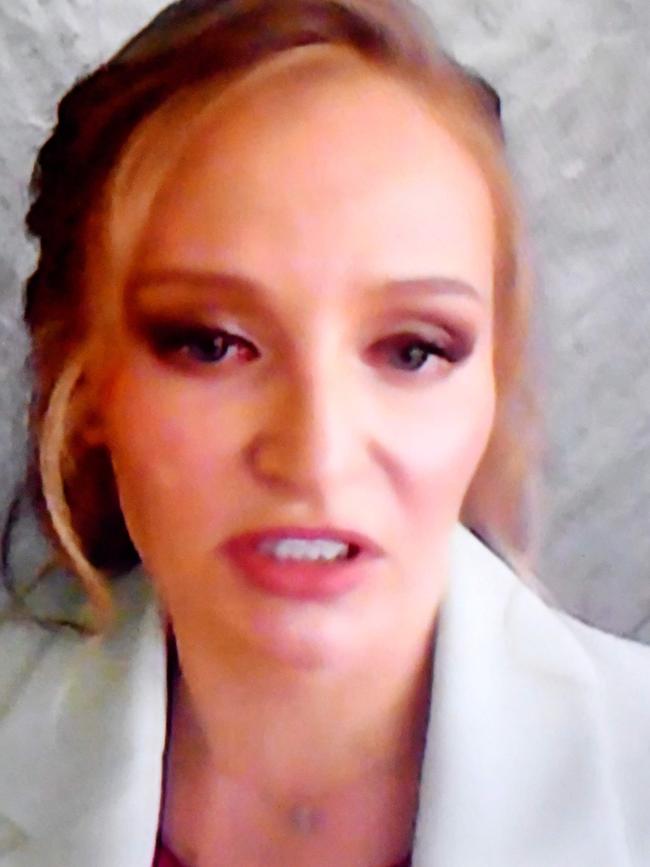
A daughter that Putin is said to have had with a lover named Svetlana Krivonogikh in 2003 is not acknowledged by the Kremlin. Putin’s desire to shield his family may once have had a rational underpinning. In the early 2000s, Islamist guerillas in the North Caucasus committed devastating terror attacks across Russia, and officials’ relatives were potential kidnapping targets.
With time, and especially since Putin’s divorce from Vorontsova and Tikhonova’s mother, the former air stewardess Lyudmila Putina, in 2013, the blackout has looked increasingly odd – especially in contrast to the public profile of western leaders’ children such as Chelsea Clinton and Malia and Sasha Obama.
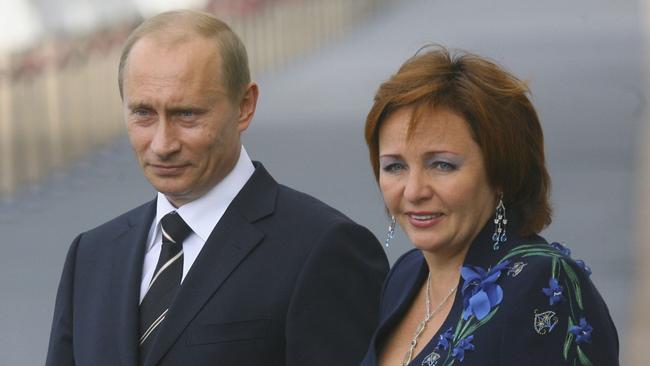
The bogus mother
In the case of Kabaeva and the two sons she shares with Putin, the sheer mechanics of concealment are intriguing. The gymnast’s cousin, a woman named Olesya Fedina, poses as the boys’ mother in communication with nannies and private tutors, said Dossier Centre.
But the trick is undermined when Ivan Putin participates in ice hockey tournaments: at the end, he runs not to Fedina but to his real mother, Kabaeva, who is hidden in an area surrounded by opaque glass. Ivan and Vladimir Jr are moved around with their tutors, rarely seeing peers but enjoying frequent boating and skiing trips.
The boys’ entourage uses jets and helicopters operated by companies linked to Yury Kovalchuk, 73, and Gennady Timchenko, 71, said Dossier Centre. Kovalchuk is a well-known banker and friend of the Russian president, while Timchenko is a billionaire tycoon and one of Putin’s ice hockey partners.
Succession?
Putin’s family members and the offspring of his friends have increasingly moved into power and wealth. Sons of his lifelong allies fill roles such as deputy prime minister and the head of Russia’s top audit body.
Anna Tsivileva, 52, Putin’s first cousin once removed, is one of the country’s ten deputy defence ministers and was promoted to the role of state secretary last month. In 2017, the Organised Crime and Corruption Reporting Project alleged that another relative of Putin had acted as a proxy for the president’s fortune. Mikhail Shelomov amassed assets of dollars 573 million while working in a job with a salary of about dollars 8,500 per year, the project said.
A year earlier, the Panama Papers leak had shown that Sergei Roldugin, a cellist and godfather to Vorontsova, directly or indirectly owned several firms in tax havens with cash flows of up to dollars 2 billion.
Yet the divulgence about Putin having two previously unknown sons is likely to have minimal political impact. There is no evidence so far that they or their sisters are being cultivated for a dynastic takeover.
“These are not successors-in-waiting,” said Mark Galeotti, the Russian politics and security expert, adding that the fact Ivan and Vladimir Jr were “being raised in a secure bubble” was “hardly unique for the scions of tyrants”.
Instead, the boys’ way of life says more about Putin’s personal desire for secrecy and the fabric of his regime: a murky mixing of state functions and private enterprise and a princely routine for those at the very top.
The Times

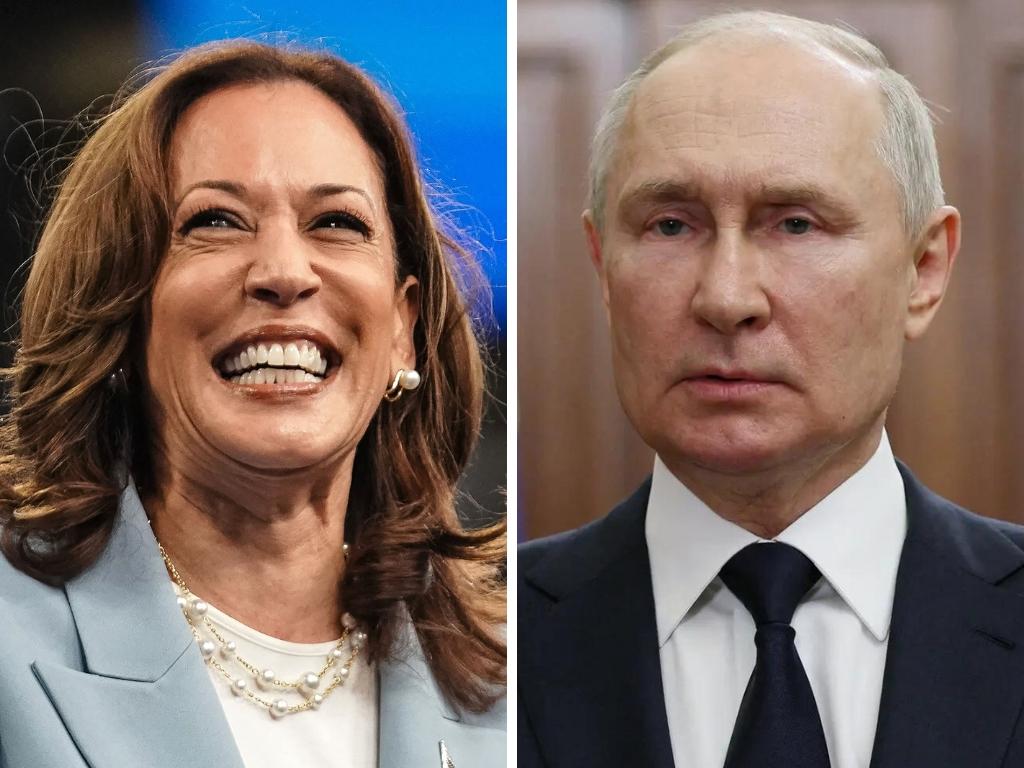



To join the conversation, please log in. Don't have an account? Register
Join the conversation, you are commenting as Logout